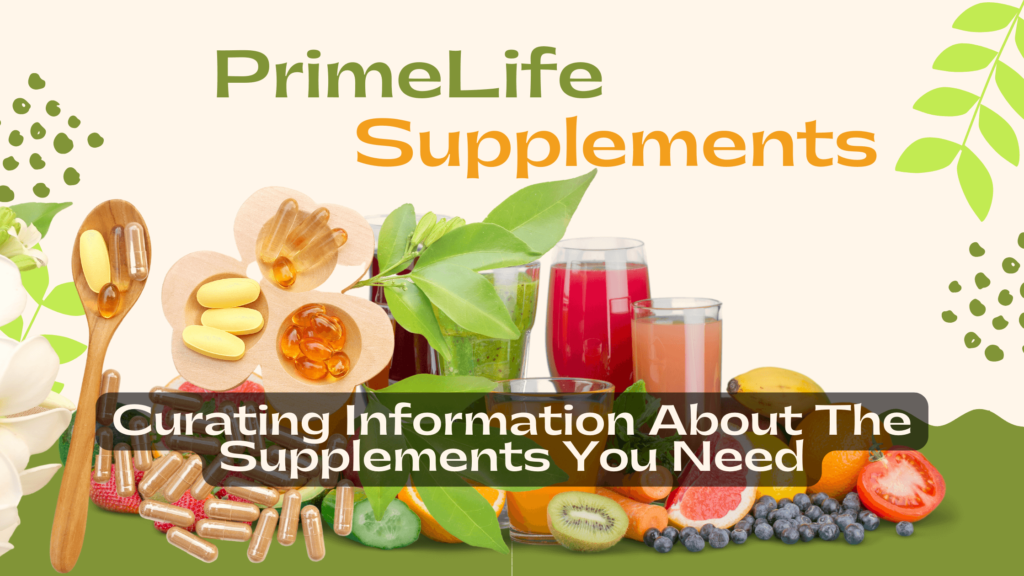Dr Simon Thornley is an epidemiologist, lecturer, researcher and public health physician working at the University of Auckland in the section of Epidemiology and Biostatistics. He graduated from the University of Auckland with a Bachelor of Human Biology in 1997, a Bachelor of Medicine and Bachelor of Surgery in May 2000 a Master of Public Health with First Class Honours in 2006 and a Doctor of Philosophy in Medicine in 2015.
Dr. Thornley's research interests include tobacco dependence, food addiction and obesity, cardiovascular disease, diabetes, psychiatric disease, injury and environmental epidemiology. He has completed a PhD on cardiovascular risk factors and has a particular interest in the health effects of sugar and low carb lifestyles.
Please consider supporting Low Carb Down Under via Patreon. A small monthly contribution will assist in the costs of filming and editing these presentations and will allow us to keep producing high quality content free from advertising. For further information visit;

8 responses to “Dr. Simon Thornley – ‘Finding the truth in nutrition: an epidemiologist’s perspective’”
I went low carb after the bare minimum of research, I thought it sounded easy to stick to, and what could it hurt to try it for a while. After experiencing multiple health benefits I began to read more and more about it, and was determined to never go back to the old way of eating. So my approach was the opposite of scientific! Worked for me though.
Good on you, Low Carb Down Under – going against the GRAIN takes bravery. My only criticism is my observation over the years following LCDU, is that some speakers claim ‘epidemiology’ is poor science and should be ignored, but I guess it’s “except when it agrees with them.”
Thank you
Thank you ❤
There is no such thing as food addiction. If you
are addicted to it, it is not food. Carb addiction
on the other hand is a thing.
It’s about someone came up with this. Thank you.
Can the links for studies the charts and graphs were from be shared?
Not the “sexiest” part of science, but a very important one! Thanks!